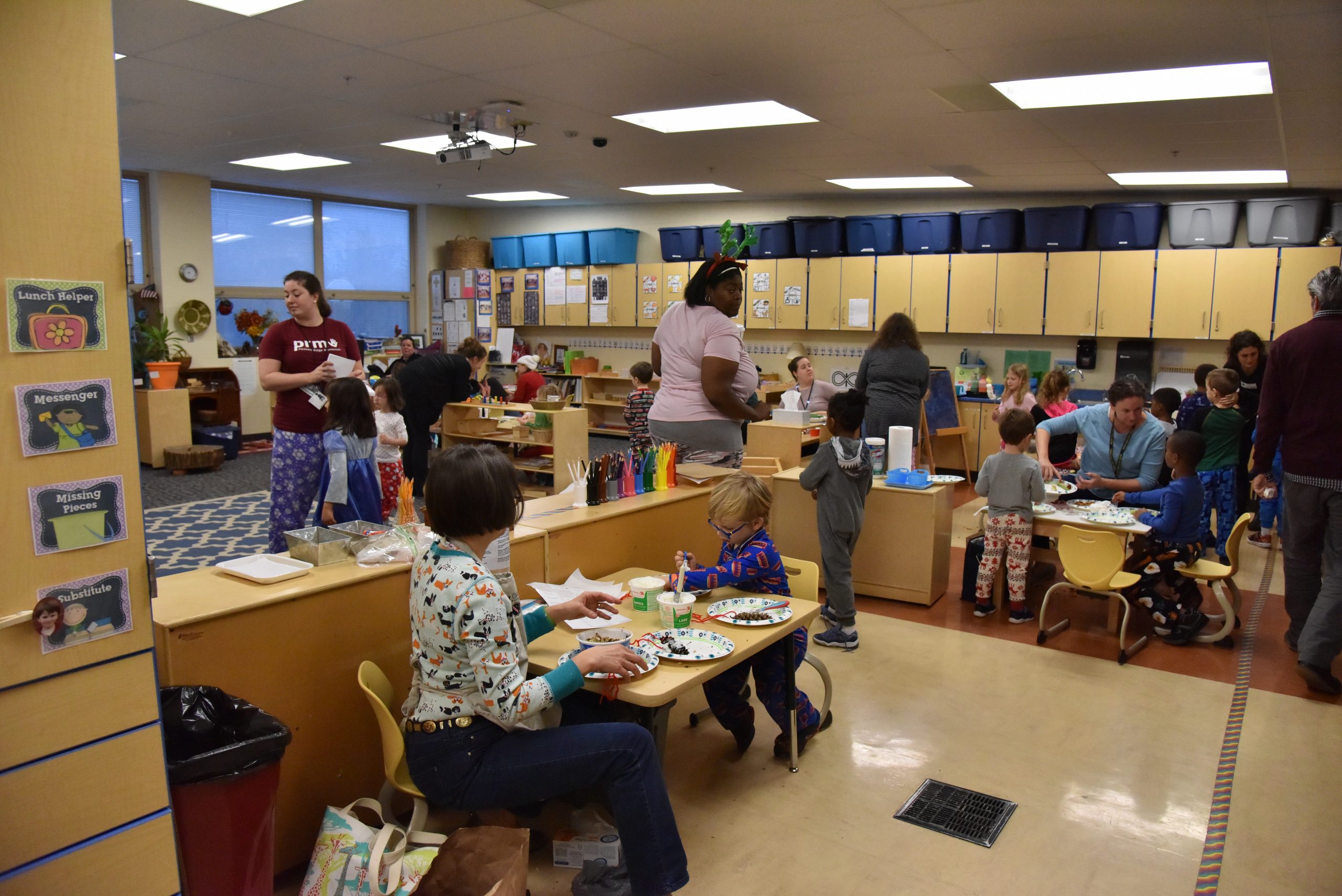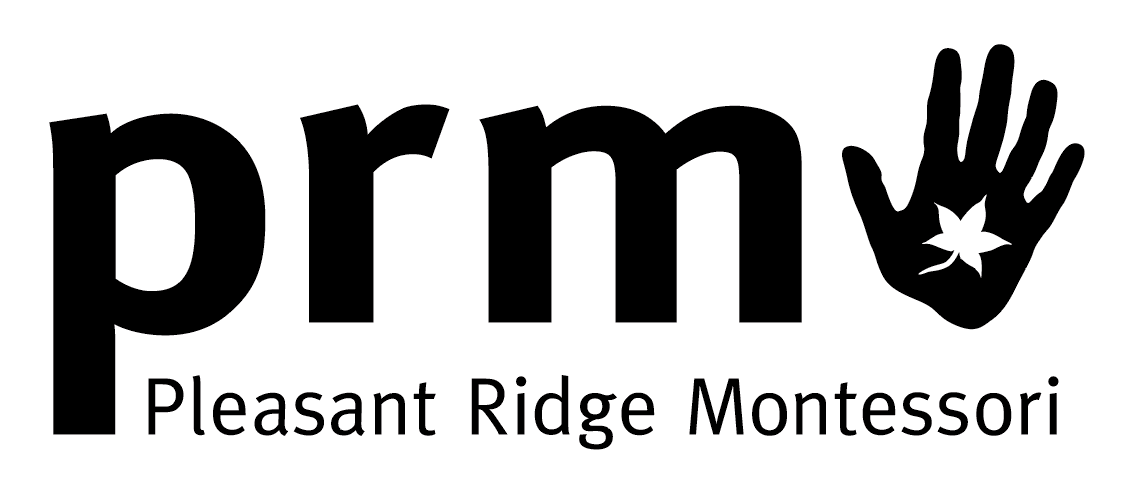“The most important part of life is not the age of university studies; but the first one, from birth to the age of six, For that is the time when a Man’s intelligence itself is being formed.”
– Maria Montessori

Maria Montessori described children between the ages of birth and six as having an “absorbent mind”. The preprimary child has the capacity to take in information from the world around him/her. Intellectual development and freedom are the fundamental tasks of the child during this period which Montessori called “conscious absorption”. The child consciously works to sort through, order, and make sense of the information he unconsciously absorbed. This work is done in an environment where he has the freedom to move purposely, to concentrate, and to choose his own direction.
The classroom, or prepared environment, is a place where the teacher brings the world to the child.
The five main areas of the Montessori preprimary classroom are: Practical life, Sensorial, Math, Language, and Cultural. The work is self-correcting, allowing the child to become his/her own teacher.
The 3-6 year old is independent and often communicating to us: “Help me to do it myself!” so the environment provides the opportunities for the child to do just that.
The teacher models precisely ordered activities, generally without talking, and they invite children to repeat what they have seen. In this way, children practice concentrating on a task, coordinating their movements, and performing actions in sequence. All of these skills are important in becoming independent.
